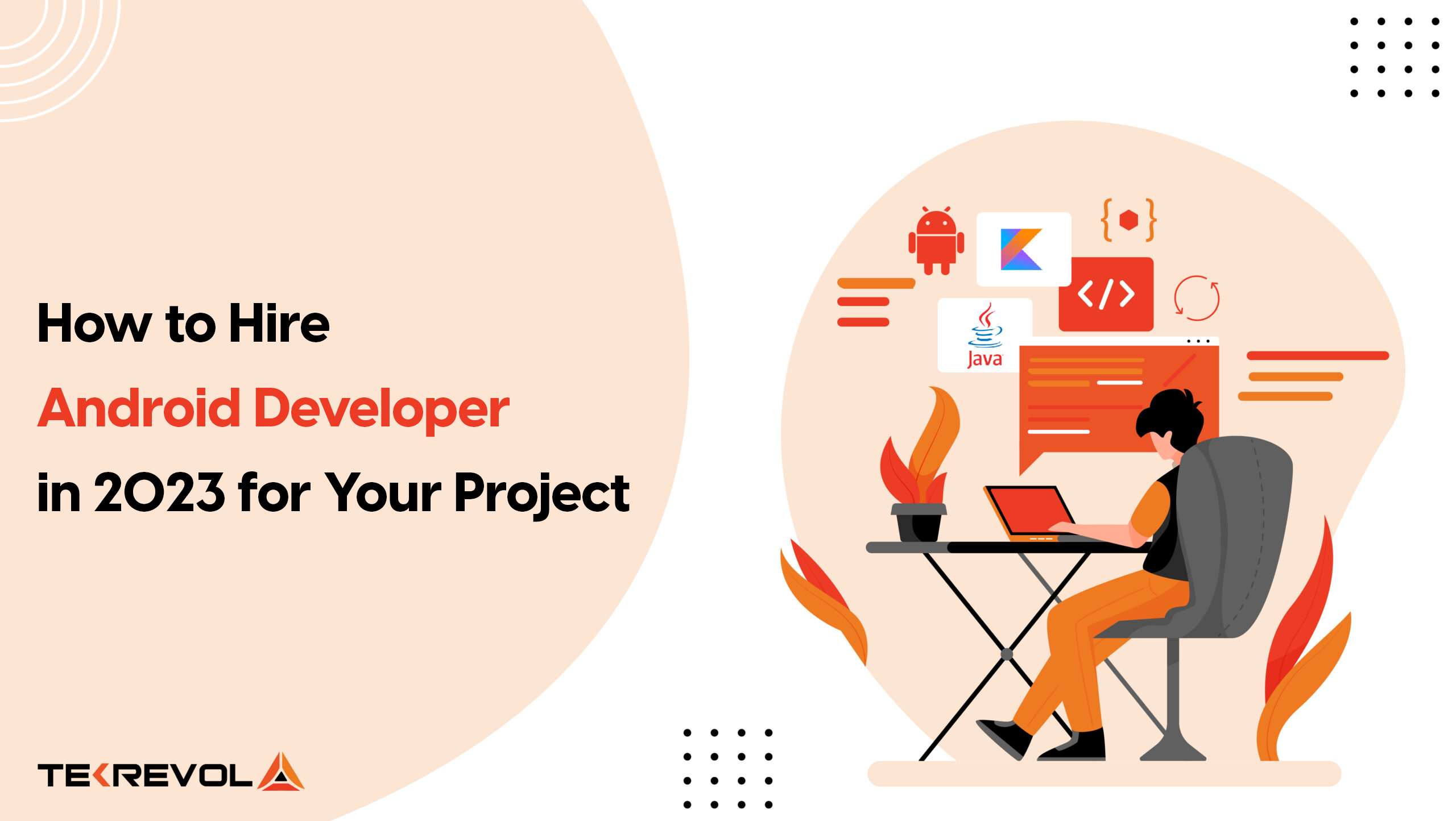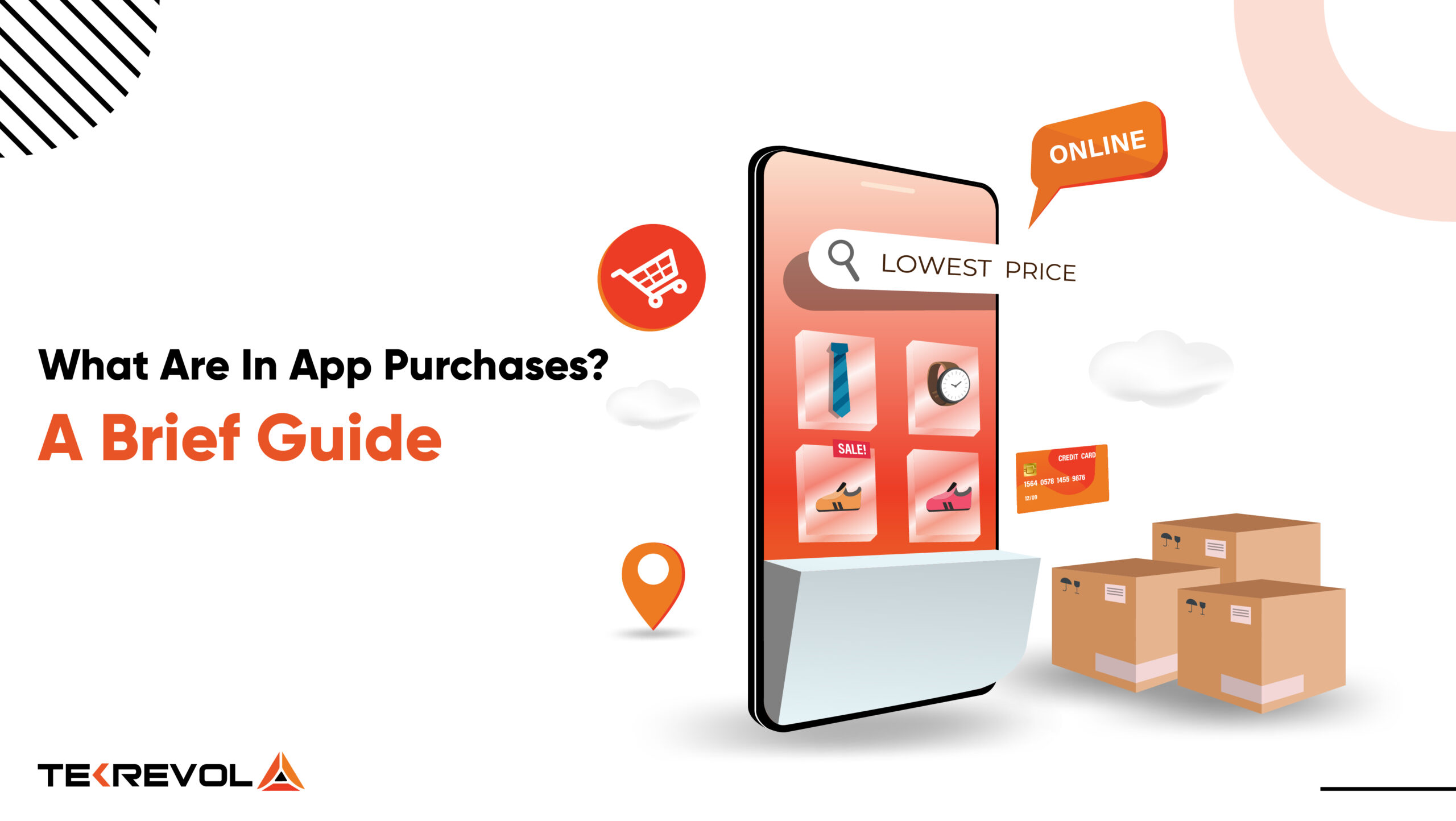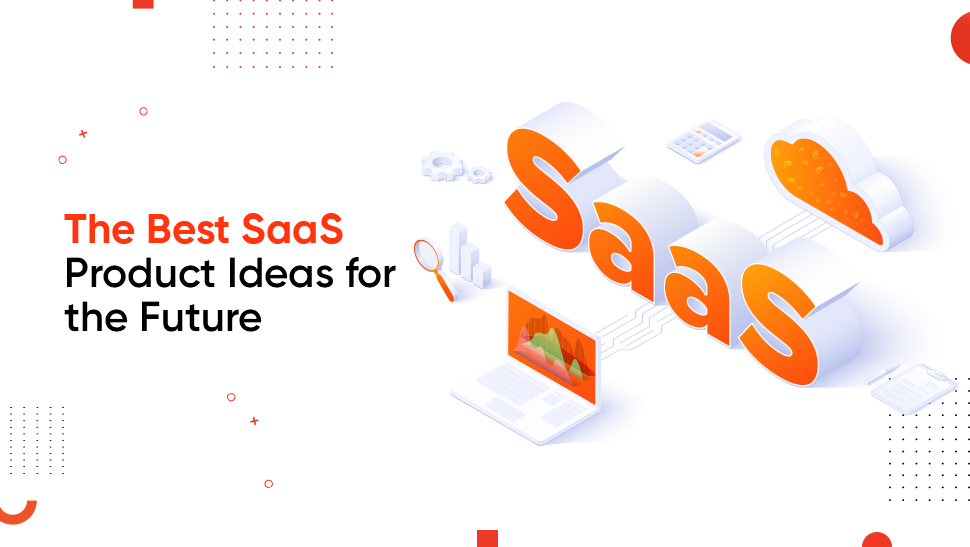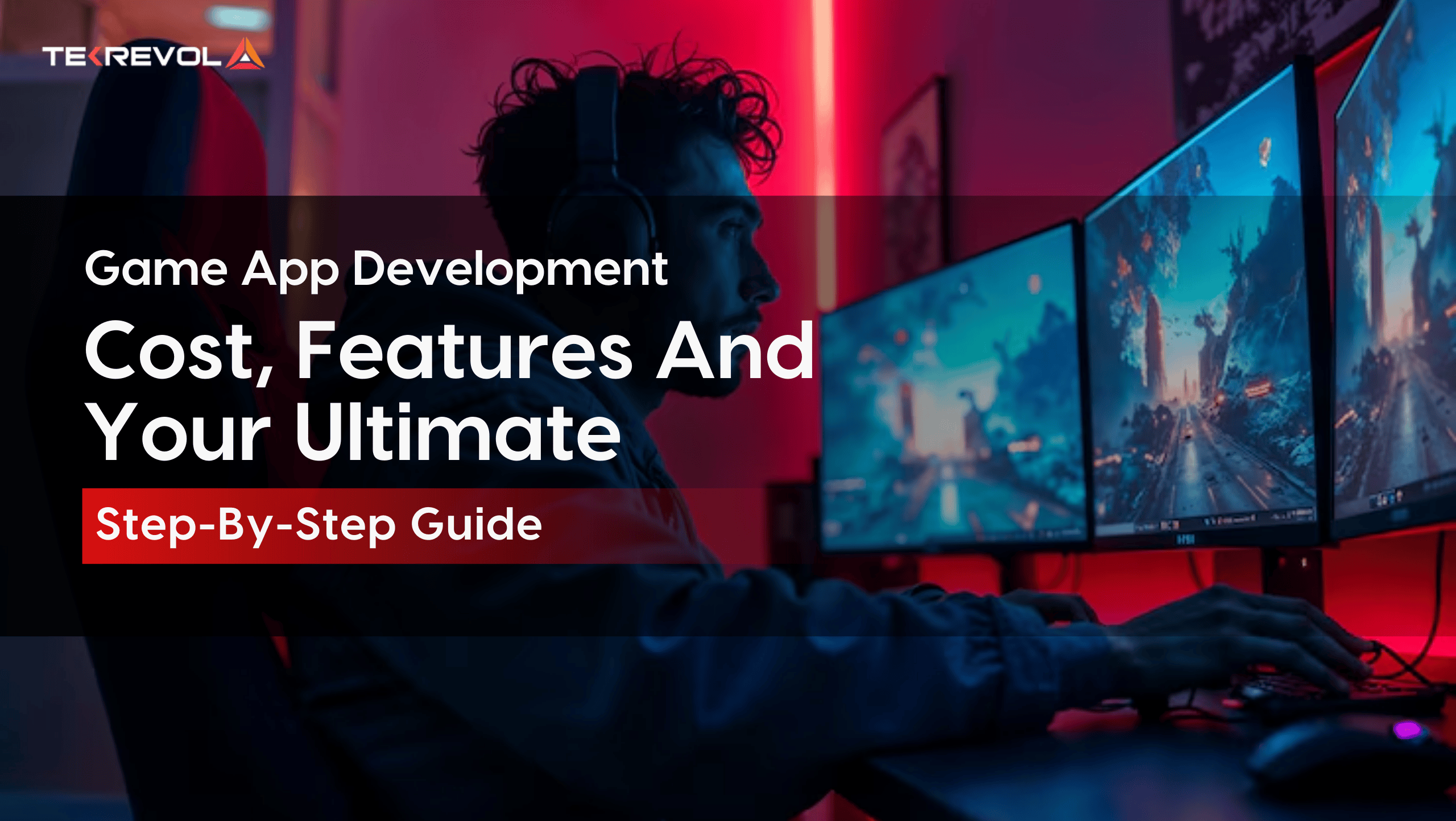Aspiring appreneurs to tech startups to enterprise-grade organizations hire an Android developer at some point in their technical journeys. That’s because Android is at the forefront of business automation, digital mobility, and transformation. Numbers also prove that Android is one of the two leading technologies in app development. There are approximately 131 million Android smartphone users in the US alone. This figure is further forecasted to grow to 133.4 million by the end of 2024.
From business and logical standpoints, personal use to business case applications can’t afford to miss out on Android because of the major chunk of Android smartphone users. If you, too, are a solo technopreneur or a startup planning to find and hire a development team for your next world-changing project, here is a comprehensive guide to help you find Android developer who’d match your technical requirements as well as budget.
Responsibilities of A Full-Stack Android Developer

The Process to Hire Android Developer
- Create a development brief
- Assess technical expertise
- Analyze their portfolio
- Decide a hiring model
- Evaluate business knowledge and industry analysis
- Check NDA
After this quick rundown, here is a detailed guide on how to hire the best Android app developers for your startups and upcoming projects.
1. Create A Development Brief
This brief will work as a rough development strategy. Here are 10 common questions to ask yourself before hiring an Android developer, or even approaching any android app development company.
- Which devices will my app support?
- Who is the target audience for my app?
- What purposes will my app deliver?
- Do I want any special, unique, or modern function in my app?
- Will my app collect personal information? How will I secure its back-end against data breaches?
- How will my app earn?
- How much budget have I allocated for Android development?
- Which 5 features do I want in my app?
- When do I want to complete the development of my app?
- When do I want to launch the app?
App clients are not usually expected to figure out all the financial and technical details in this brief. This is for your internal homework and initial decision-making. However, you can share it with shortlisted Android developers for an idea.
2. Assess Technical Expertise
Know that mobile app development, whether native Android or cross-platform, requires a fine balance of technical expertise and experience, knowledge of different monetization models, and industry insights. But technical expertise is still the primary detrimental factor.

Programming Languages
Java for Android Development
Checking grip on Java is your first step when you hire an Android developer or a full team.
Released in 1995, Java is the oldest as compared to flutter, the most common, and the primary programming language used for multi-platform development. 10 million developers have powered around 56 billion devices with Java. It comes with a complete development stack including:
- Java Development Kit
- Java Runtime Environment
- Integrated Development Environment
From its early stages to now, in 2024, it has significantly evolved to fit the needs of web, web apps, and mobile app developers. From small websites to portals with heavy back-ends, Java is the most widely used language with millions of ready open-source resources and development kits. It sends out almost quarterly updates to stabilize the performance and security of Java applications.
Considering Java is the number 1 choice in development, an Android app developer has to have a strong grip on this programming language.
Kotlin for Android Development
Kotlin was initially released in 2011, but its fully-functional version came up in 2016. It is a modern programming language for Android applications and offers interoperability. This trait helps Android app developers switch from Java to Kotlin in a smooth transition. If they have older projects on Java, they are not required to recode the entire application to bring it to Kotlin.
As an alternate to Java, it is definitely a competitor – and a strong one. In fact, not only among Android developers but Kotlin is widely used by JS and Swift developers as well.
If you are a startup appreneur, or even an enterprise planning to launch a business-wide application, we recommend you seek technical expertise in technical expertise in Kotlin as it is the foundation of highly successful apps like Uber and Pinterest. In fact, the Kotlin showcase also suggests that Lyft, Slack, Duolingo, and Flipkart have leveraged Kotlin.
These case studies suggest the diversity of design and user experience of Kotlin, and so it is a must-have for any expert Android developer.

Source: Kotlin
Android Studio and Android SDK
After programming languages, developers should have a strong grip on working with Android Studio and SDK.
Android Studio is the official integrated development environment that simplifies and accelerates the process of building Android apps. It has several features and functions, frameworks, ready-made code snippets, and the most important Android SDK.
Android Studio is a uniform environment. This allows developers to create platform-specific applications with unified user interfaces. It has structured code modules that offer independent building, testing, and debugging functions.
You will hear multiple Android code names during the hiring process. For example, Lollipop and Marshmallow. These platforms are built with Android Software Development Kit.
Databases
Databases are of primary importance in development because most Android applications now extract data from third-party sources. This data is exchanged and stored with databases like Firebase and SQL.
More importantly, if you are planning to launch a high magnitude Android app that works in offline mode, your developer should know how to work with SQLite.
Material Design
Knowledge of Material Design is important if the same development company is also designing the user interface and user experience of your application. MD is a set of design guidelines by Android Google and helps with optimizing the designs for different app screens.
APIs
APIs are important feature tools used for integrating mobile applications with other third-party programs. These APIs can be used for adding 2Factor Authentications, Guest Sign Up, and Sign In.
These are intermediaries that help two applications or custom software programs to communicate with each other. Common API examples used in Android app development include Google Maps, Weather App API, and Amazon AWS. Most modern Android developers do use multiple APIs in apps to reduce development time and effort, that they would otherwise need when creating features from scratch.
Other Innovative Functionality
Most mobile apps now work with Artificial Intelligence and Machine Learning algorithms. Blockchain-based back-end, Augmented and Virtual Reality, and smart embedded systems are also getting popular. But they are still new to some industrial domains. Also, these features affect the choice of technology stack and frameworks.
If you, too, want to integrate either of these features into your Android app, you will have to specify the requirements. Your developer will create a technical feasibility report and a Level of Effort document based on your complete requirements.
App Testing
Fully-functional Android development teams usually have dedicated testing personnel. For reference, you need to inquire about the following factors related to app testing:
- Types of testing: functional, performance, accessibility, compatibility
- Scope of testing: unit tests, medium tests, and end-to-end tests
- Testing devices: instrumented, physical, and emulated to local tests

Source: Android app testing
3. Analyze Portfolio
Development companies usually have dedicated sections on their websites where they display their previous projects. With this web page, we also recommend clients download the mentioned applications and experience the quality of development.
While analyzing a portfolio is a totally subjective activity, here are 7 factors you need to check to confirm your prospective developers’ qualitative side:
- Type of app
- Magnitude of projects
- Visual aesthetics
- User experience
- Diversity in the industrial domain
- Clientele and target users
- Monetization status of the application
Once you are satisfied with the technical expertise and experience (from the portfolio), you’ll have to decide on a hiring model.
4. Decide A Hiring Model
Startups and new appreneurs usually choose between these 2 common work arrangements:
- Outsourcing development project
In this model, the remote development team takes full responsibility for the project, and a dedicated project manager updates the client about the progress of milestones weekly or monthly. This model is ideal for clients with the least technical knowledge. Most appreneurs who choose this model are ones that don’t want to manage the development team and processes directly.
- IT staff augmentation
The staff augmentation model works like a remote team on a subscription basis. This model is ideal for clients who want to fully monitor their in-house app development or cloud migration projects. This model ends the choice paralysis, and you can have a solo developer or tester to a full-stack development team for completing your projects. All in all, staff augmentation gives more control over the project progress.
While both of these models are financially viable, outsourcing works with shorter projects ranging from 6 to 12 months. Staff augmentation works better for high magnitude and longer projects taking more than 15 months.
5. Business Model and Industry Analysis
Industry knowledge and market insights are important, especially if your Android developer is responsible for front-end development as well. This knowledge will also affect the success of your monetization model.
App functions, features, navigation, scope coverage, and overall user experience directly depend on industry trends. And to develop an app that delivers these factors satisfactorily, you have to hire an Android developer with a comprehensive thought process of competing applications and a close market pulse.
6. Check NDA
You must have made 90% of your hiring decision by the previous stage. This step acts as the cap to validate your decision. NDA stands for Non-disclosure Agreement, which binds the development company for monetary, ethical, and professional factors. These factors include confidentiality of idea, legal ownership of source code, and copyright of digital assets.
Over to You…
This one comprehensive guide on how to hire an Android developer concludes here. While this guide should make the process quicker and more convenient for you, you may still take some time with your hiring decision. And you should!
That’s because the success of any great venture, whether it’s a mobile application or business software, depends on two factors: the development idea and its right execution. Ideal execution is only possible when you search thoroughly and hire a developer who shares the same vision as yours.
- Looking for Android developer?
- If you want to skip the long process and land your A-team ASAP, Tekrevol can help! You can choose to outsource your complete Android development project, or add our remote developer(s) to your in-house team.

 2733 Views
2733 Views January 30, 2023
January 30, 2023









